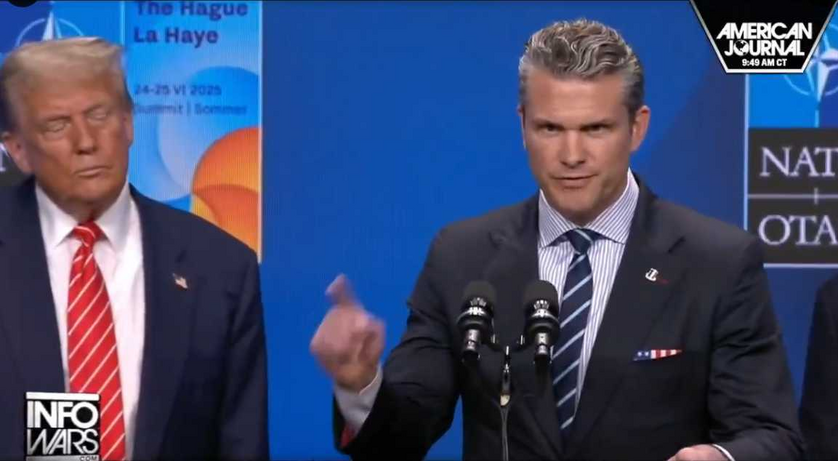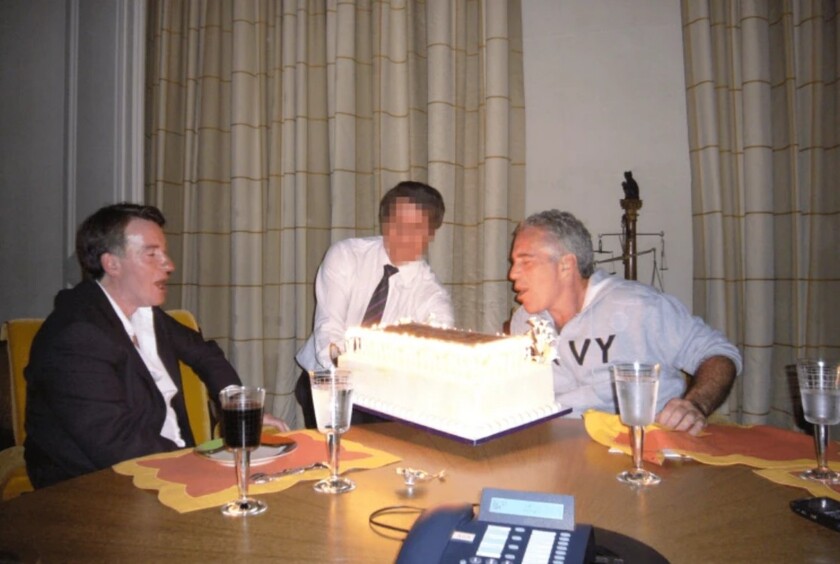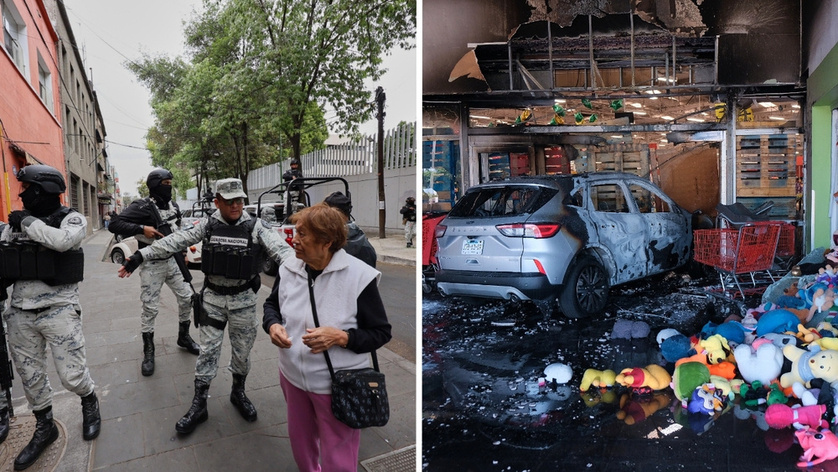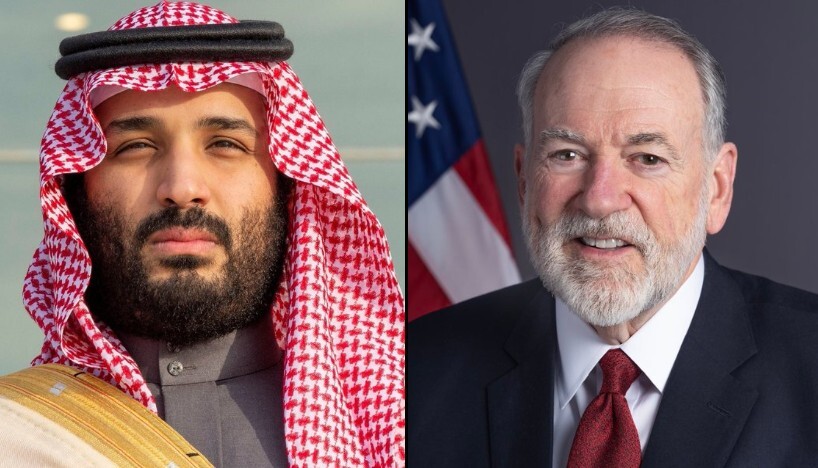The North Atlantic Treaty Organization, NATO summit in The Hague concluded with significant developments, including a commitment by member states to increase defense spending to 5% of GDP by 2035, aimed at strengthening collective security and meeting NATO's capability targets.
President Trump praised the summit's outcomes, calling the defense spending agreement a "big win" for the United States and Western civilization, while also expressing concerns about Spain's reluctance to meet the spending target. He reaffirmed his commitment to NATO's Article 5.
British Prime Minister Keir Starmer emphasized NATO's renewed focus on becoming "deadlier and fairer," and reaffirmed the UK's commitment to defense spending and support for Ukraine.
Starmer highlighted the UK's commitment to NATO and its efforts to strengthen defense capabilities. He also emphasized the importance of supporting Ukraine and ensuring the stability of the region.
NATO leaders agreed to increase defense spending to 5% of GDP by 2035, with at least 3.5% allocated to core defense requirements and up to 1.5% for other security-related expenditures. This commitment is intended to ensure NATO's readiness and resilience against emerging threats.
NATO Secretary General Mark Rutte humorously referred to President Trump as "daddy" when discussing Trump's intervention in the Israel-Iran conflict. Rutte later clarified that the term was used metaphorically to describe Trump's role in mediating the dispute. Trump acknowledged it in a light-hearted manner, stating that Rutte "likes me."
Following his speech at the NATO Summit, President Trump, along with Secretary of Defense Pete Hegseth and Secretary of State Marco Rubio addressed a leaked preliminary Pentagon assessment that suggested the damage to Iran's nuclear program by recent U.S. airstrikes was likely only a few months' setback rather than complete obliteration as Trump said.
The leaked preliminary Pentagon assessment, reported by far-left anti-Trump outlets like CNN and The New York Times, suggested the strikes only delayed Iran’s nuclear program by a few months, with damage limited to aboveground structures and some enriched uranium possibly moved beforehand.
Trump said the airstrikes were a "spectacular military success" and stated that Iran's "key nuclear enrichment facilities have been completely and totally obliterated. He maintained that the strikes were a success and that Iran's nuclear ambitions had been set back by "decades."
The President emphasized the strikes’ precision and the bravery of U.S. pilots, comparing the operation’s impact to Hiroshima and Nagasaki, while insisting the conflict with Iran was over due to a ceasefire. He expressed frustration with the media, calling them “scum” for questioning the strikes’ effectiveness. He slammed "fake news" CNN and New York Times, accusing them of lying to demean the "brave" American pilots that carried out the bombing.
Trump later announced in a Truth Social post that Hegseth would hold a follow-up press conference with "military representatives" on June 26 to provide “irrefutable” proof of the mission’s success.















